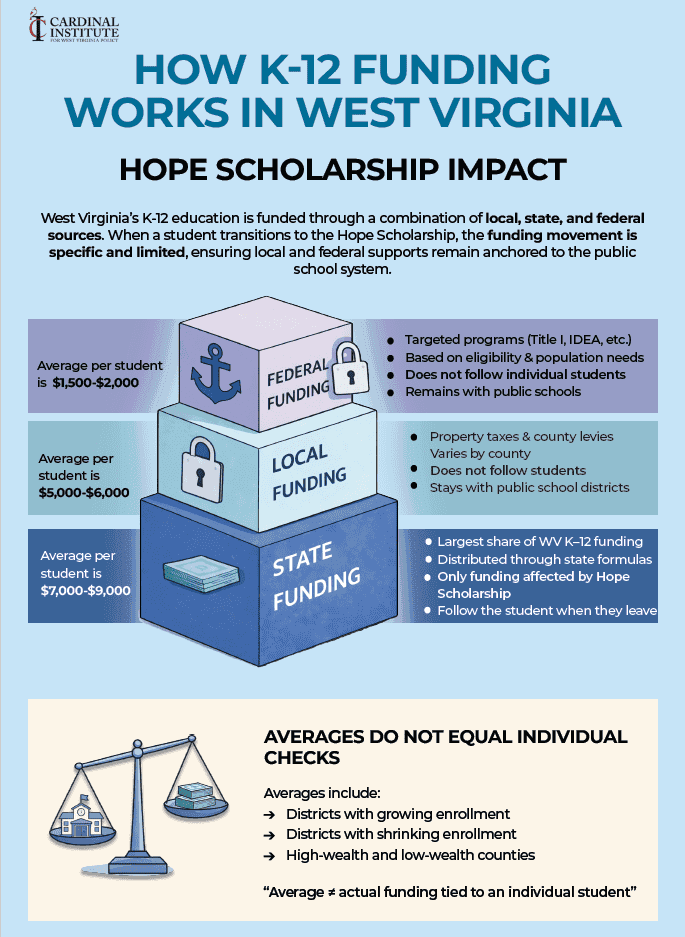
Can Ranked-Choice Voting Work for Conservatives?
Cardinal Team
Conservatives give me the stink eye when I tell them I favor ranked-choice voting, which many jurisdictions are considering for 2022. But when combined with election integrity and voter education, this alternative voting process has advantages that outweigh its costs.
What is Ranked-Choice Voting?
Ranked-choice voting (RCV) is not hard to learn. Voters rank their preferences so that they need only vote once. This method enables instant runoffs. Otherwise there would be two elections for the same office.
Traditional RCV includes multiple rounds of vote counting. Each round, the poorest-performing candidate is eliminated. Meanwhile, if a voter’s candidate is eliminated, their next preference counts instead.
This process can confuse voters at first, but the process tends to elect candidates with more widespread support. Candidates also become more likely to show civility toward opponents as they vie for second-choice votes.
Another way to avoid runoffs is to let the plurality candidate win—the one with the most votes, whether or not the candidate reaches 50 percent. A plurality win can feel less democratic even though the winner clearly won. In contrast, every round of RCV counting increases the number of votes for the remaining candidates.
Single-Elimination Ranked-Choice Voting
For most elections, in fact, we can get most of the benefits of RCV and the least complexity and confusion by having just one elimination round. I call this model single-elimination ranked-choice voting.
That is, voters do not have to figure out their fourth-best and fifth-best candidates, especially when they are not paying close attention to a lot of candidates. Instead, they just record their top two in order. If your first choice doesn’t make the top two, your second choice counts as your instant runoff vote.
Costs & Benefits of RCV
Voters also become less likely to game their votes. Voters sometimes avoid “spoiler” candidates who “split” the vote away from a mainstream candidate. But being able to rank a first choice and a second choice lets you vote for the candidate you truly believe is best, even if you think they don’t have a real chance to win, since you know that your second-choice vote will count.
Why do conservatives raise their eyebrows at RCV in any form? They note that several jurisdictions that tried it didn’t like it and went back to winner-take-all. They are rightly concerned about opportunities for mistakes, like the utter failure of RCV in New York City when officials left more than 100,000 test votes in the system–and even fraud, as the counting process gets more complex.
Conservatives also note that the left often favors RCV. It is true that no voting process is without flaw, and whoever chooses the voting process can somewhat game the outcome.
Conservatives sometimes say that RCV proponents want to confuse voters or otherwise make it easier for more progressive candidates to win. For example, if the left runs a large number of candidates and the right runs just one, candidates on the left will collectively get many more votes.
But in principle, RCV is neutral. And under single-elimination RCV, there is just one round of the runoff, avoiding these issues.
Additional Election Protections Make RCV Better
Furthermore, conservatives can rest easy if a jurisdiction also adopts common-sense reforms that enable all votes to be counted by election day, with minimal exceptions. Transparency can reduce fraud, early enough deadlines for early voting can get the votes in on time, and strict voter ID for name and address can minimize trouble with provisional ballots.
If voters have enough time to consider how RCV works, they likely will appreciate its benefits. Voter education is key to a successful rollout.
In our polarized times, we should be glad to find voting methods that tend to produce compromise candidates with widespread general support. RCV can help.
Adam Kissel is a Senior Fellow with the Cardinal Institute for West Virginia Policy.
You can read Adam’s full research paper on the topic here.







